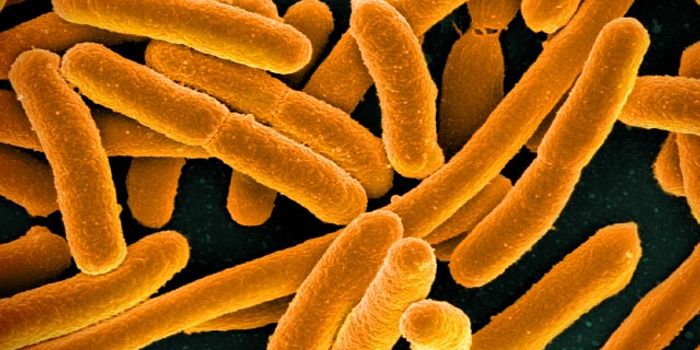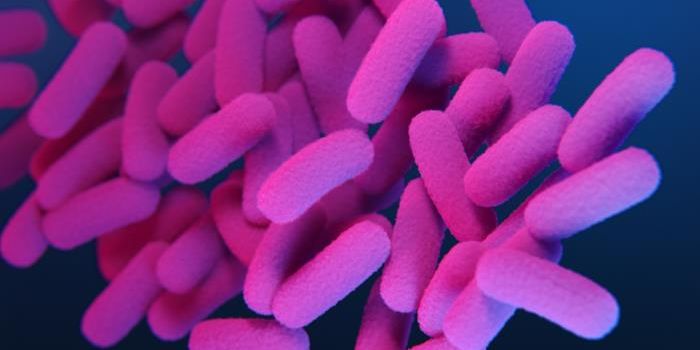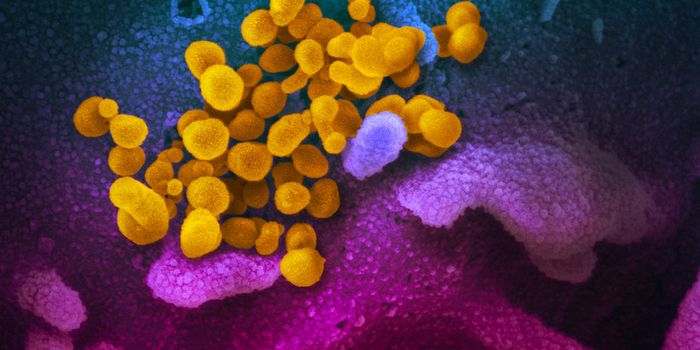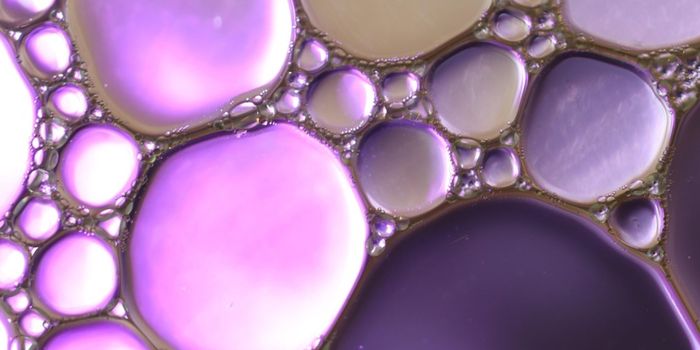Dengue Vaccine Reaches the Clinic, with Restrictions
The world’s first dengue fever vaccine has been introduced to the market, and the United States Food and Drug Administration (FDA) has approved its use, but with serious restrictions. Dengue fever is transmitted by mosquitoes and the incidence has risen dramatically in recent decades in many parts of the world. The World Health Organization (WHO) estimates that half of the world’s population is now at risk of contracting the disease, and it's the leading cause of illness and death in children in several countries in Latin America and Asia.
Dengue causes symptoms that are similar to the flu, lasts for between two and seven days after incubating for four to ten days. While dengue isn’t usually fatal, it can lead to another disorder called severe dengue, which can be life-threatening. When severe dengue patients get treatment from experienced professionals, mortality rates go down, but the disease can result in death.
Four closely related viral serotypes cause dengue fever. In 2012, researchers at the University of California, Berkeley determined that the way a person’s immune system responds to dengue the first time they are infected can have an influence on the severity of future infections with other types of the virus. The phenomenon, called antibody-dependent enhancement (ADE), occurs when the immune response actually amplifies the impact of the second exposure. It can make the difference between a mild case and a fatal case of dengue hemorrhagic fever.
The new vaccine, called Dengvaxia and developed by French pharmaceutical company Sanofi Pasteur, uses an attenuated yellow fever virus, which carries genes from all four kinds of dengue virus.
When scientists in the Philippines launched a vaccination campaign for schoolchildren, some scientists were stunned. They thought that Dengvaxia should only be given to children with a confirmed previous case of the virus because of the risk of the vaccine mimicking a first exposure, and leading to ADE. The vaccine was released by WHO anyway, and it seemed that the concerns were valid. Of 830,000 schoolchildren that were vaccinated in the Philippines, 130 died. However, there has not yet been direct evidence that the vaccine was to blame. WHO changed their recommendations afterward; Dengvaxia can now only be given to kids that have definitely had a previous brush with the virus.
Several Philippine scientists involved in the vaccine campaign at the Research Institute for Tropical Medicine (RITM), and some current and former employees of Sanofi Pasteur have been indicted by the Philippine Department of Justice on "reckless imprudence resulting [in] homicide.”
Sanofi made a statement to Science, saying the company "strongly disagrees with the DOJ's findings made against its officials (current and past) and we will vigorously defend them."
Sources: Science, WHO, FDA, Science Translational Medicine








